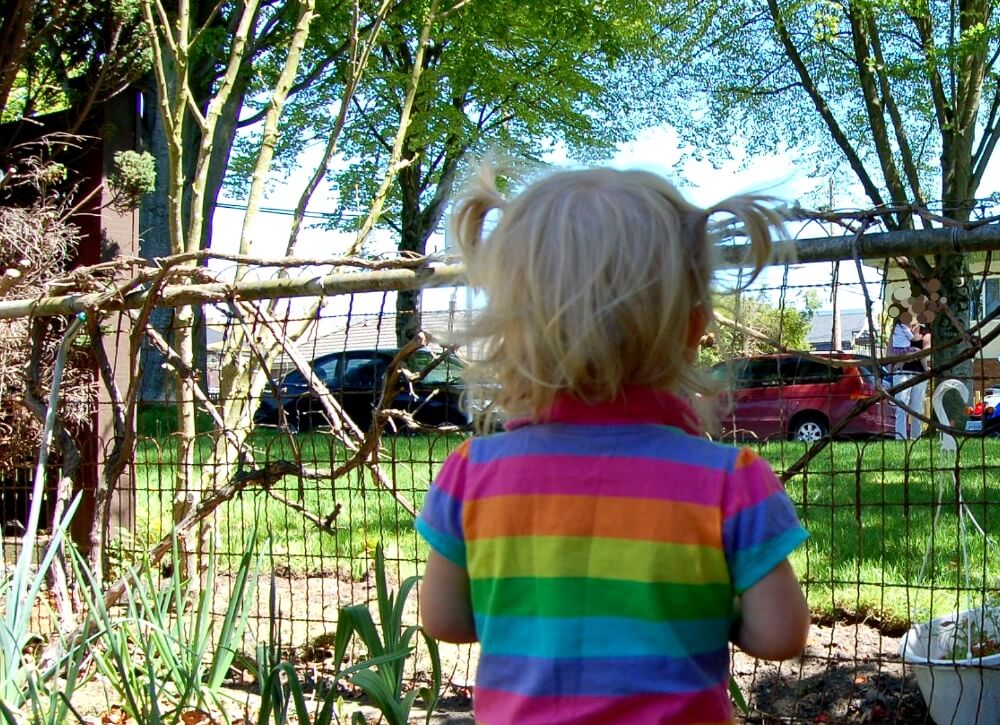If you can’t behave, you can’t belong.
No one would suggest that a student who needs glasses to read should be denied them as a consequence for calling out in class, or that a child with diabetes should have their insulin withheld because they tipped their chair or forgot to raise their hand.
Yet this is precisely the logic applied to disabled children when schools restrict access to extracurricular activities or field trips in response to behaviour that reflects unmet needs.
The message is clear:
Just a Parent
if you cannot perform the right kind of regulated, rule-following self, you will be denied access to joy, movement, adventure, and public space.
In British Columbia, students with disabilities are legally entitled to participate in all school activities, including field trips. Exclusion from these experiences based solely on disability is not only harmful; it is considered discrimination under the law. The B.C. School Act mandates inclusive education, and schools are obligated to provide all learning activities in accordance with each student’s Individualised Education Program (IEP). This includes ensuring access to field trips. Where barriers exist, the school must provide reasonable accommodations—including additional staffing or support services—to ensure participation. The refusal to do so may give rise to a human rights complaint.
So why are disabled students constantly excluded from field trips and denied access to extracurricular activities?
Exclusion dressed as pedagogy
When Jeannie was sent back early from a field trip to the park, the school framed it as a logical consequence. She had failed to follow instructions, they explained, and was therefore returned to school.
This language, while presented as neutral and instructive, masks a deeper reality: her exclusion was not a teaching moment—it was a punishment, and one that ignored her neurodevelopmental profile entirely.
Jeannie has ADHD, autism, and hypermobility. Her actions on that trip—calling out impulsively, squirming from physical discomfort—were not acts of defiance but expressions of dysregulation, pain, and embodied distress in a context where she had already begun retreating to the hallway, uncertain whether the year ahead would bring any meaningful change.
In those early weeks of the school year, she was attempting—on her own terms—to re-engage in classroom activities when tolerable. But she was beginning to perceive the truth: that her support needs would continue to go unmet, and that masking would be rewarded with increased expectations of independence, not accommodation. Her teacher had openly stated it took 70% of her attention to support another student with externalising behaviours, leaving little capacity to meaningfully assist Jeannie.
Against that backdrop, Jeannie’s decision to attend the field trip was a leap of faith. It was one of her rare moments of hope, a choice to participate despite the absence of structural trust. The school’s response was swift and crushing. The staff member dispatched to retrieve her—typically responsible for supporting a child with profound needs—was pulled suddenly from their duties and reportedly arrived confused, unsure why Jeannie had been deemed unmanageable.
The symbolic weight of that decision was unmistakable: it was a breach of trust, a targeted humiliation, and a warning. In the wake of that incident, Jeannie stopped entering the classroom altogether. What followed was not a behavioural escalation—it was a rational retreat. The exclusion had confirmed what she was beginning to suspect: that the year ahead would offer no safety, no support, and no genuine inclusion. The school had extinguished the possibility of engagement by punishing her for daring to try.
This was not a response to behaviour—it was an effort to suppress the will of a child who had begun to name what she needed. Her self-advocacy, her refusal to mask, her hope that support might follow effort—these were perceived as threats to the institutional order. And the consequence was exclusion, isolation, and shame. For Jeannie, it was the loss of a joyful experience. For the institution, it was a moment too rich to forgo—an opportunity to remind her what happens when disabled girls speak too clearly or take up too much space.
The invisible curriculum of who gets to take up space
For most children, field trips are moments of delight, independence, and memory-making. They are also moments of risk and uncertainty—both developmentally important and relationally rich.
For disabled children, these moments are often fragile and conditional. If your nervous system betrays you, if your sensory threshold is breached, if you misunderstand a social cue or resist an instruction—your right to take part disappears.
What was once a learning experience becomes a litmus test for compliance. Jeannie was not just removed from the park; she was removed from the category of children deemed safe enough, capable enough, and worthy enough to engage in public education.
Safety theatre and the myth of control
The school’s follow-up email made their logic clear: Jeannie could attend future field trips only when she demonstrated safe behaviour. But whose definition of safety applies? In institutional contexts, safety often means predictability, docility, and emotional neutrality—traits that neurodivergent children cannot always access, especially when placed in chaotic, unfamiliar environments without adequate support.
True safety is not achieved through exclusion; it is created through trust, co-regulation, and adaptive planning. The refusal to provide additional staff, to honour existing accommodations, or to centre the child’s expressed needs reflects a system more invested in control than care.
-
How schools weaponise growth against disabled students
In the architecture of public education, few concepts are more universally praised—or more fatally misunderstood—than independence. Cloaked in progressive language about agency, resilience, and growth, the independence mandate is often wielded less as a vision for liberation than as a strategy of withdrawal.…
Risk is a right, and joy is part of learning
Article 31 of the UN Convention on the Rights of the Child affirms every child’s right to rest, leisure, play, and participation in cultural life.
Article 23 extends this protection specifically to children with disabilities, recognising their right to a full and decent life with dignity, self-reliance, and active inclusion.
Denying a child access to a field trip because they could not suppress their distress is a direct violation of these rights. The issue is not merely one of logistics or behavioural expectations; it is a question of justice.
Jeannie’s exclusion from a beetle research trip, based on her expressed discomfort with unfamiliar adults, could have been solved by adjusting staffing or building relational safety. Instead, it was accepted as an unfortunate but inevitable outcome—a missed opportunity framed as a personal choice.
The burden of proving safe behaviour
When schools demand that children “demonstrate safe behaviour” before accessing public experiences, they invert the responsibility of care. A child who has already been hurt, excluded, or dysregulated is asked to perform emotional steadiness in environments that have previously betrayed them.
This is not support—it is surveillance. Neurotypical response to unpredictability is often tolerated, even indulged; neurodivergent expression, by contrast, is medicalised, pathologised, or punished. The standard of readiness becomes impossibly high, and joy remains perpetually out of reach.
Public life belongs to all of us
Field trips are not luxuries. They are access to community, to place-based learning, to physical embodiment, and to the real world outside the classroom. They allow students to practice important skills like flexibility, social interaction, and navigating safety in real-world settings.
Excluding disabled students from these opportunities is not only developmentally detrimental—it is a denial of full citizenship. When we remove disabled children from these experiences, we are teaching them that their presence is a burden. We are saying: your right to explore is conditional, your participation provisional, your joy expendable. This is an ethical failure.
What inclusion requires
If inclusion means anything, it must mean the right to participate fully. That includes field trips, team sports, concerts, clubs, and every other part of school life that builds identity, relationship, and belonging. Schools must:
- End the use of behaviour-based exclusion from field trips and extracurriculars
- Build IEP protocols that extend to off-site activities and relational contexts
- Provide adequate staff and planning for children who require more support to participate safely
- Frame joy, risk, and adventure as essential to equity—not privileges to be earned through compliance
Jeannie deserves joy. Every child does. Inclusion that ends when the bell rings, when the bus departs, or when the music starts is not inclusion at all. It is containment. And we are teaching children to shrink their worlds to the size of adult comfort, rather than expanding our systems to meet their worth.
This exclusion is not isolated. Across British Columbia—and beyond—disabled children are routinely left behind when their peers go out into the world. Field trip exclusion has become a quiet, normalised form of collective punishment aimed at a vulnerable class of students whose presence is seen as too complex to accommodate. Rather than investing in the scaffolding that inclusion requires, schools too often opt to remove the child. These patterns reinforce the idea that support is conditional and that joy must be earned through compliance. But no child should be asked to suppress their needs in order to earn the right to belong.
-
Ava and the Geneva Convention
It began, as so many modern parables do, with a child who told the truth—and a parent who shared it. The image was ordinary: a school feedback form, completed in pencil, uneven in its lines, confident in its voice. The caption read: “My daughter…









